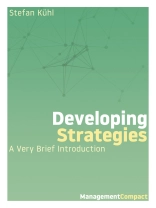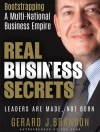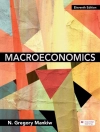Hardly any other management concept is as overused as strategy, yet at the same time hardly any other concept is as vaguely defined. As a means of escaping the conceptual jumble, this monograph suggests a systems-theoretical definition which makes it possible to sort out the various threads of the strategy discussion. Strategies are “search programs” used for finding the means to achieve previously defined goals. With these, we let classical ideas about strategy confront modern organizational theory, and demonstrate how strategy development in organizations can look beyond purpose-rational constraints.
Table des matières
Foreword
1. What Is a Strategy? Assembling the Means to an End
1.1 Defining Strategies Using the Ends-Means Model
1.2 Strategy as Part of Organizational Structure
2. The Lure and Limitations of an Instrumental-Rational Approach
2.1 A Portrayal of Standard Procedure
2.2 On the Popularity of an Instrumental-Rational Approach to the Strategy Discussion
2.3 The Limitations of an Instrumental-Rational Approach
3. Strategy Development beyond Understanding Organizations in Mechanistic Terms
3.1 The Emergence of the Approach
3.2 Searching for the Means to an End as well as Searching for an End for Existing Means
3.3 Strategic Testing—Resolving the Divide between Strategy Development and Strategy Implementation
3.4 The Process Architecture for the Development of Strategies: The Resolution of the Classical Phase Model
4. Concerning the Classification of Strategy Processes: Goals as a Characteristic of Structure, among Other Things
Bibliography












